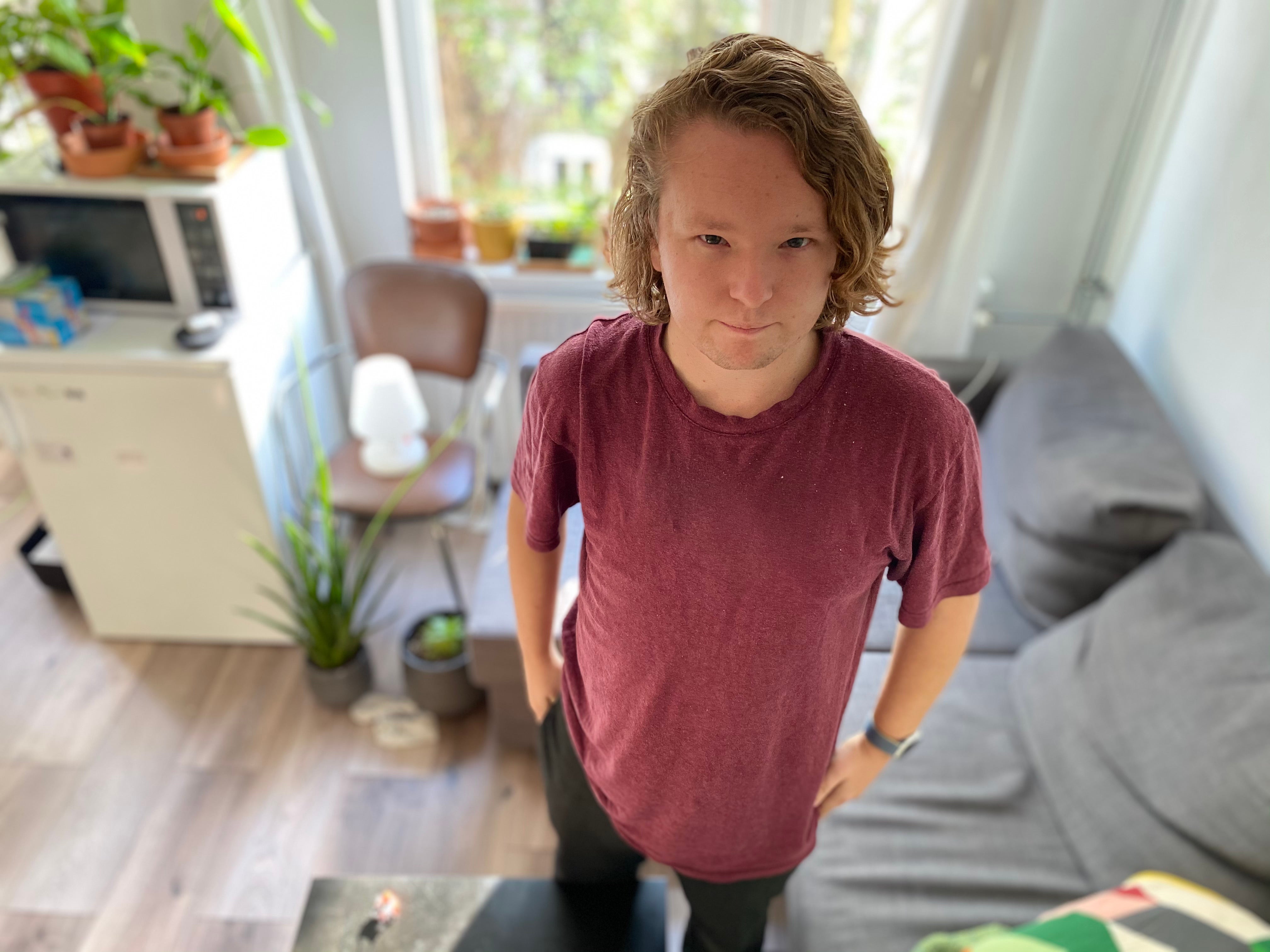“While I was born in the Netherlands, I actually grew up in Finland. I decided to move to Amsterdam when I started my Bachelor’s in Computer Science at the VU. I enjoyed living here, so I’ve stuck around ever since.
“I chose to do this Master’s programme, because it has an excellent international reputation and a real no-nonsense curriculum. The Master's programme is now evolving into a Master’s programme focused on computer systems security, and it allows you to take a number of unique courses in the area of Computer Security.
“For example, in Computer and Network Security, you learn the “basics” (read: already pretty advanced stuff) of hacking in a competitive setting. In the course Advanced Operating Systems, you get to build your own operating system kernel from scratch, while also keeping security aspects in mind. And in the course Hardware Security, you get to work with yet-to-be-released super-secret exploits, that actual researchers are working on at the moment. As an example, students got to work on our recently published attacks on Intel hardware (read also the article published in the New York Times). This is a really unique setting that you — to the best of my knowledge — will not find anywhere else in the world!
“During my studies I worked on several projects for the Systems & Network Security group (VUSec). I really enjoyed doing these systems-security related research projects, so I decided that I wanted to continue in this area. Since I liked the type of research coming out of the group, I decided to do a PhD at VUSec.
"Currently, I’m working on developing a comprehensive defense against side-channel attacks at the Operating System level. The nice thing about academia is that you get to work on projects that no company would risk taking on. In a company you typically have to work towards an end-product for customers, while in academia you get to work on cool and whacky ideas that companies cannot always justify spending money on. Nevertheless, many such research projects still end up in production software used by millions of users (e.g., in the Linux kernel), which for me - at least - is a very motivating factor for staying in academia working on such real-world applicable research in the future.”
